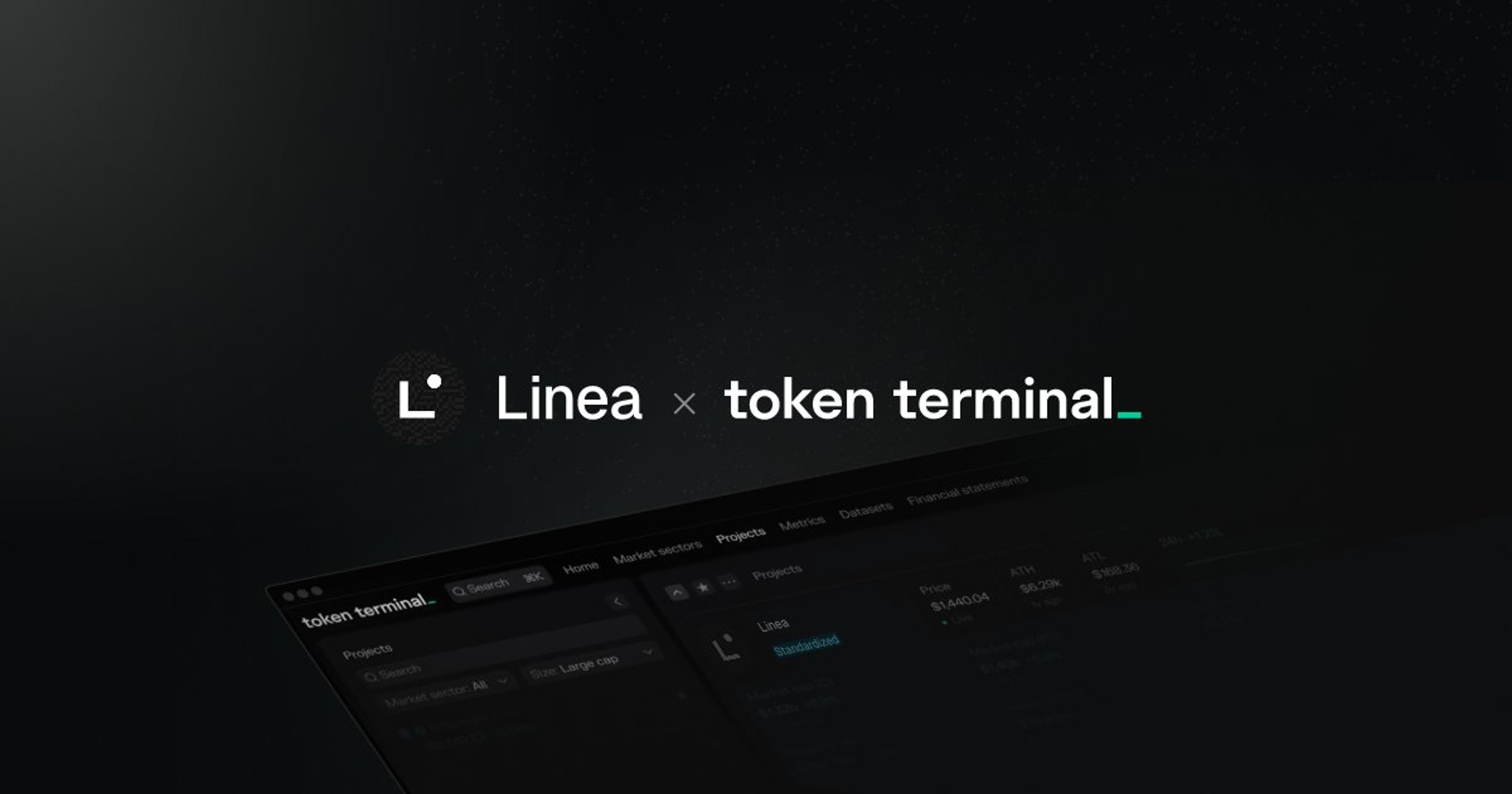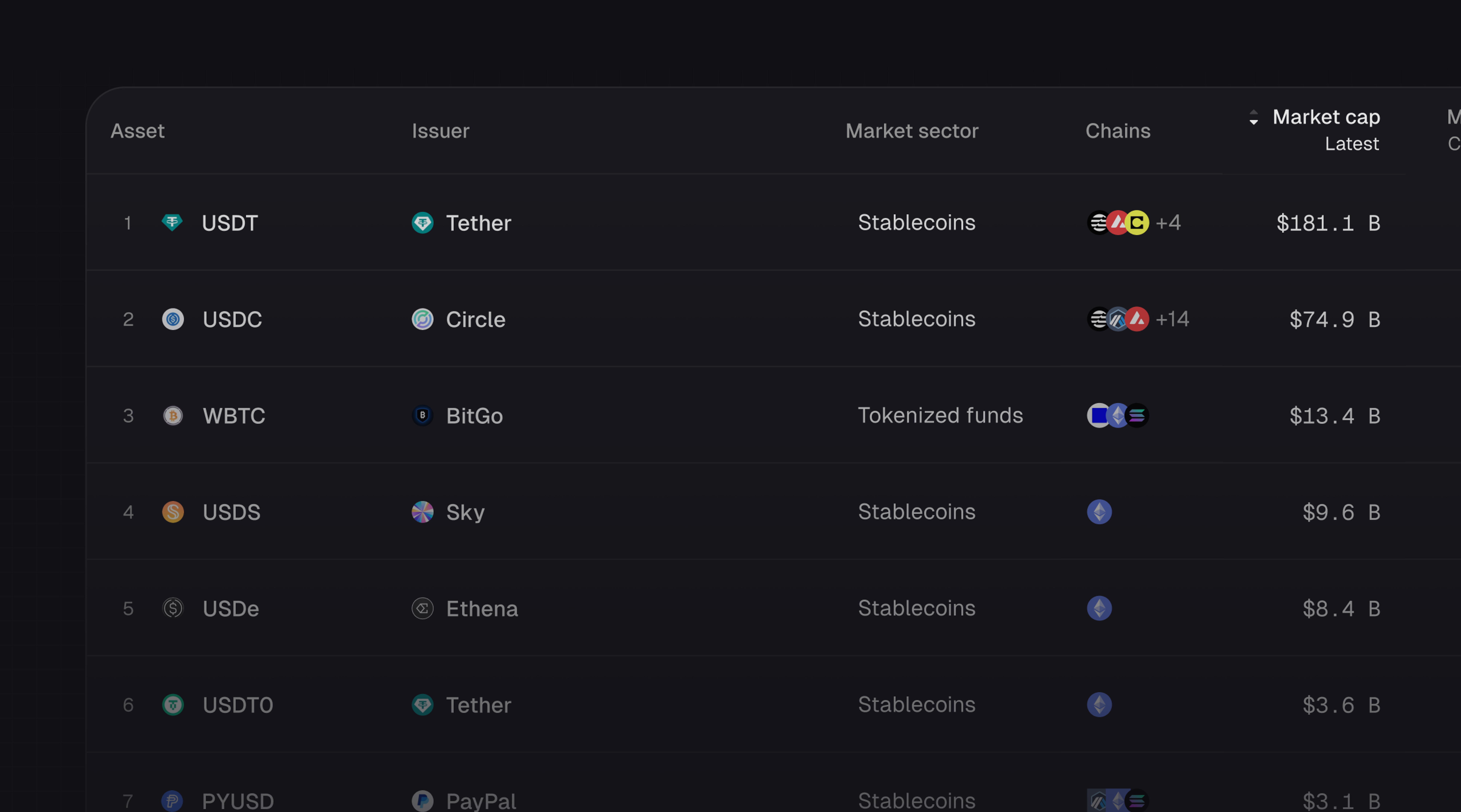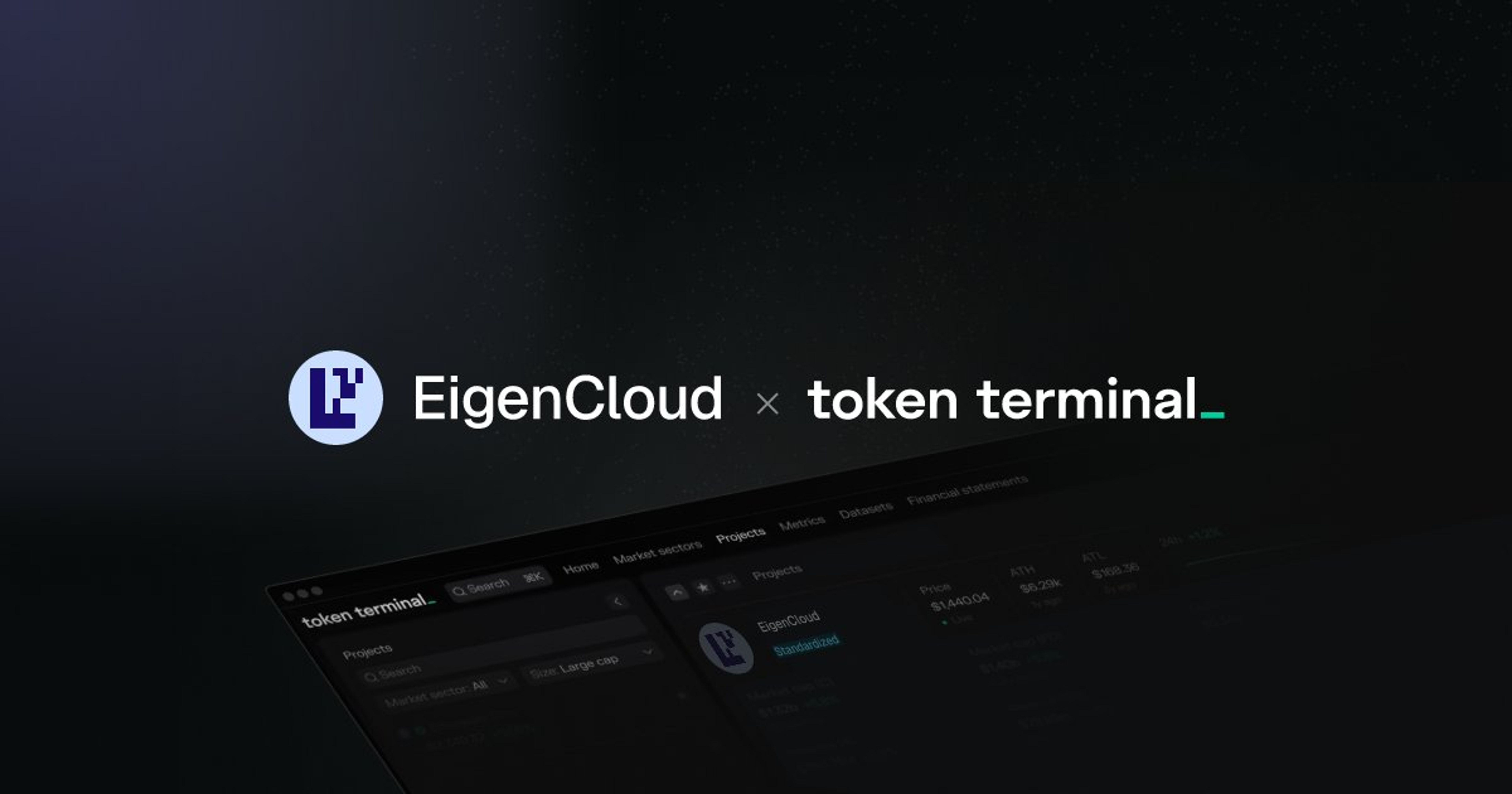Research
Kyber is implementing a dynamic token model where profits can be allocated in 3 different ways:

Kyber is implementing a dynamic token model where profits can be allocated in 3 different ways:
- Burn.
- Distribute to active token holders.
- Accumulate profit in LP pool.
What does the protocol update mean?
Liquidity providers (“reserve managers”) do not need to hold KNC to earn fees.
Currently: LPs need to maintain a KNC balance for fees.
Dapp integrators using Kyber’s API can set their own take rate on Kyber’s network fee.
Currently: Dapp integrators get automatically 30% of 0.25% Kyber’s network fee.
How do KNC holders earn fees?
KNC holders get protocol earnings through burn AND/OR for staking.
Currently: KNC holders are rewarded via burn. 70% of the 0.25% network fee is burnt in KNC.
After the upgrade, KNC holders vote on what portion of profits will be:
- Paid to active KNC holders (only active participants share profit — case Augur);
- Burnt (all token holders share profit — case MakerDAO);
- Left in pool (distributed to LPs — case UniSwap).
Conclusion
This is elegant. In a well-designed protocol, tokens give their owners both economic and governance rights, similar to traditional company shares. We are looking forward to Katalyst!
Token Terminal provides financial and business metrics on crypto protocols — metrics we’re used to seeing applied to traditional companies, e.g the P/E ratio. Crypto protocols operate like traditional businesses, only they do it directly on the Internet.
For more, check out Token Terminal’s website and Twitter.
The authors of this content, or members, affiliates, or stakeholders of Token Terminal may be participating or are invested in protocols or tokens mentioned herein. The foregoing statement acts as a disclosure of potential conflicts of interest and is not a recommendation to purchase or invest in any token or participate in any protocol. Token Terminal does not recommend any particular course of action in relation to any token or protocol. The content herein is meant purely for educational and informational purposes only, and should not be relied upon as financial, investment, legal, tax or any other professional or other advice. None of the content and information herein is presented to induce or to attempt to induce any reader or other person to buy, sell or hold any token or participate in any protocol or enter into, or offer to enter into, any agreement for or with a view to buying or selling any token or participating in any protocol. Statements made herein (including statements of opinion, if any) are wholly generic and not tailored to take into account the personal needs and unique circumstances of any reader or any other person. Readers are strongly urged to exercise caution and have regard to their own personal needs and circumstances before making any decision to buy or sell any token or participate in any protocol. Observations and views expressed herein may be changed by Token Terminal at any time without notice. Token Terminal accepts no liability whatsoever for any losses or liabilities arising from the use of or reliance on any of this content.
Stay in the loop
Join our mailing list to get the latest insights!
Continue reading

Customer stories: Token Terminal’s Data Partnership with Linea
Through its partnership with Token Terminal, Linea turns transparency into a competitive advantage and continues to build trust with its growing community.

Introducing Tokenized Assets
Token Terminal is expanding its standardized onchain analytics to cover the rapidly growing category of tokenized real-world assets (RWAs) – starting with stablecoins, tokenized funds, and tokenized stocks.

Customer stories: Token Terminal’s Data Partnership with EigenCloud
Through its partnership with Token Terminal, EigenCloud turns transparency into a competitive advantage and continues to build trust with its growing community.